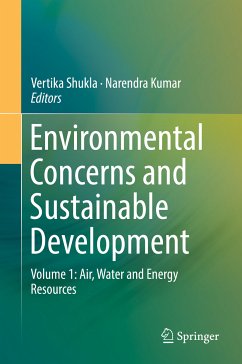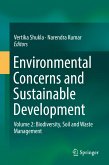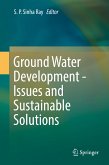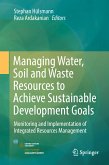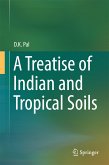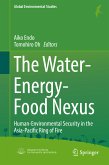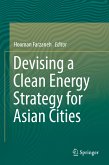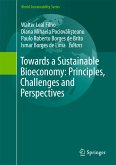The prevailing global environmental crisis is primarily because of non-standardized parameters for environmental regulation. Unplanned expansion of economic activities, consideration for environmental conservation and several associated problems are emerging due to degradation in quality of ambient environment such as clean air, safe drinking water and quality of food, particularly in developing nations. Due to poor/casual execution of EIA protocol, newly developing countries are preferred destination for establishing pollution emitting industries, which results in degradation and depletion of natural resources. Lack of environmental policy intervention is another major attraction for establishing such industries in these nations. In order to ensure sustainable development, the highest priority issues include the monitoring and eradication of environmental problems which arise due to economic development. Initiation of any form of economic development primarily results in loss of forests and thus biodiversity, followed by deterioration in quality of air and contamination of natural resources. The worst impact of non-standardized economic development is the contamination of air, water and soil.
Sustainable development ensures responsible interface with the environment to minimize the depletion or degradation of natural resources and ensure long term environmental quality. It involves integrated approaches in understanding the importance of environmental management systems and policy inventions leading to improved environmental performance. The present book is proposed to address the environmental concerns associated with economic development and approaches involved to attain sustainable economic development, which include monitoring of the quality of air, deforestation, quality of water resources, soil erosion and degradation of the natural environment.
Dieser Download kann aus rechtlichen Gründen nur mit Rechnungsadresse in A, B, BG, CY, CZ, D, DK, EW, E, FIN, F, GR, HR, H, IRL, I, LT, L, LR, M, NL, PL, P, R, S, SLO, SK ausgeliefert werden.

